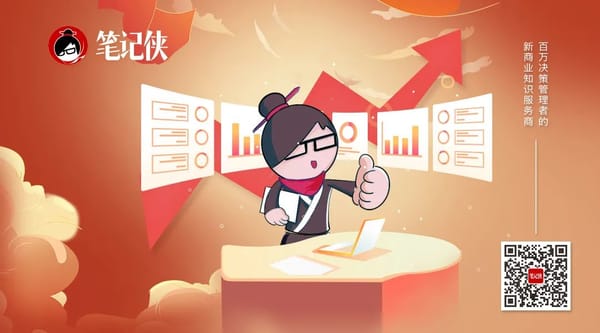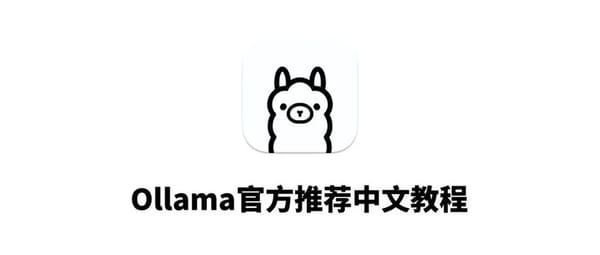What Does “Go Touch Some Grass” Mean? Origins, Nuances, and When to Use It
Learn what go touch some grass means, where it came from, and how tone changes its impact. Get examples, etiquette, and kinder alternatives for online use.
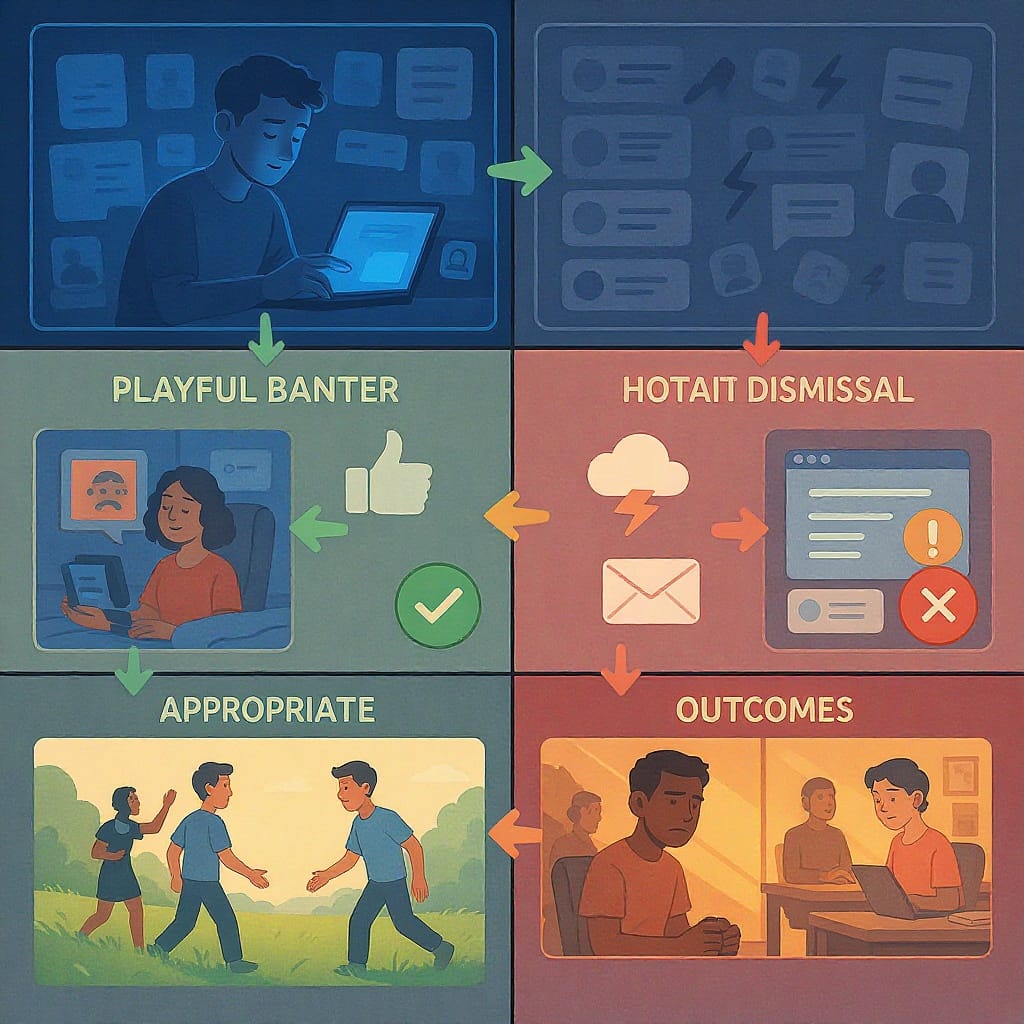
This concise guide explains the meaning and origins of “go touch some grass,” a meme that nudges people to step away from online intensity. It focuses on tone, etiquette, and practical usage so you can avoid sounding dismissive while still encouraging healthy breaks. You’ll also find examples, related phrases, and professional alternatives that fit different contexts.
What Does “Go Touch Some Grass” Mean?
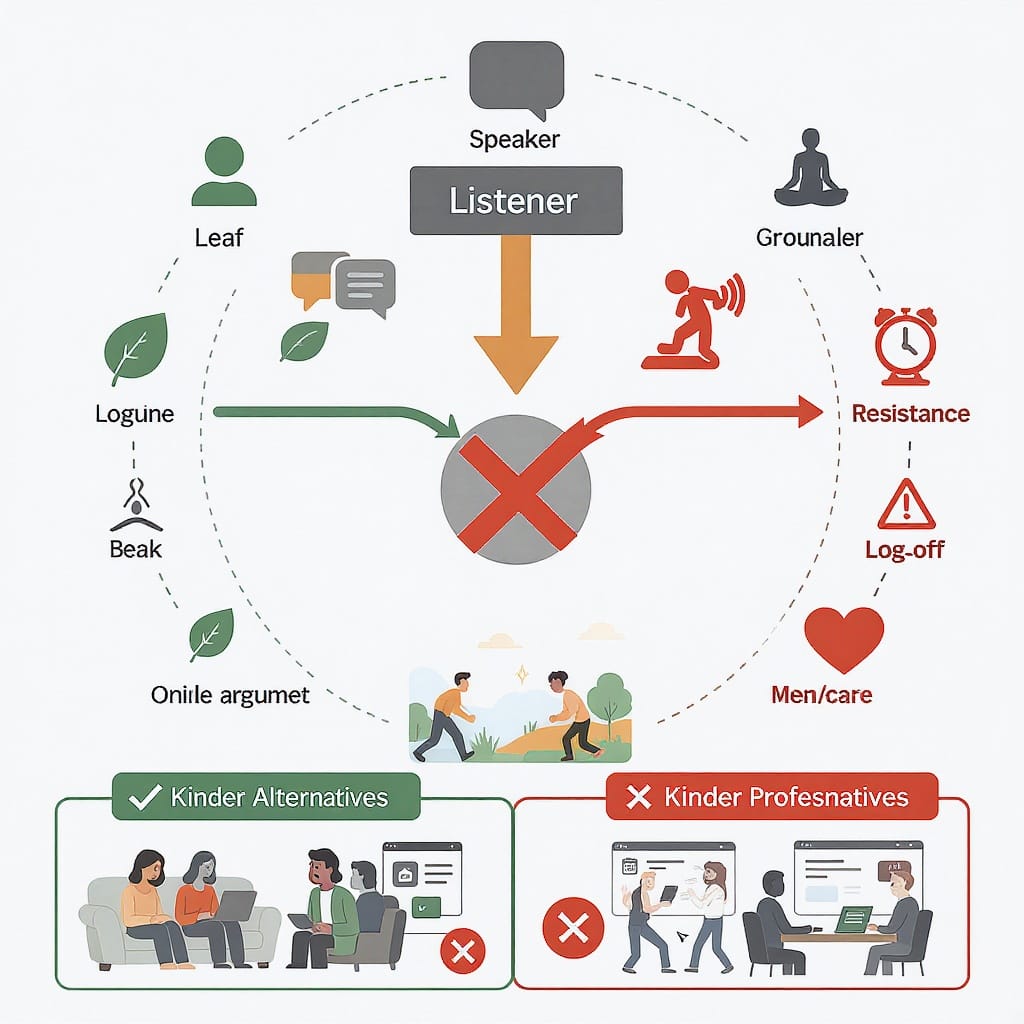

In plain English, the phrase “go touch some grass” tells someone to step away from the screen, get outside, and reset. The core idea is perspective: logging off for a few minutes can break a spiral, lower the emotional temperature, and reconnect you to something tangible. When people ask for the go touch some grass meaning, they’re really asking about a cultural shorthand for “take a breather; your online focus might be distorting things.”
Why it’s said online:
- It’s quick, vivid, and slightly cheeky.
- It gestures at a physical reset (nature, fresh air) without getting preachy.
- It’s a meme, so it carries humor—sometimes warmth, sometimes sting.
At its best, it’s a light nudge to pause. At its worst, it can be a dismissive put-down that trivializes real concerns.
Origins and Rise
“Go touch some grass” emerged in internet subcultures where high-intensity engagement is the norm:
- Gaming communities, where tempers flare over competition and “no-lifing” jokes abound.
- Stan and fandom spaces, where parasocial drama and rapid-fire discourse are common.
By the late 2010s, the phrase started appearing across Twitter and Reddit. In the early 2020s, TikTok accelerated its spread. It fit neatly into the platform’s short-form humor and “ratio” culture. From there, it jumped into mainstream posts, replies, and even brand banter.
It also echoes older, offline admonitions:
- “Go outside.”
- “Get some fresh air.”
- “Step away from the computer.”
What changed is the memeification: a simple imperative transformed into a cultural wink (or a subtweet dagger), depending on delivery.
Nuances of Tone
“Go touch some grass” has range. Tone depends on relationship, context, and intent.
- Playful reminder: A friend notices you doomscrolling or getting spicy over nothing. They say it with affection.
- Sarcastic jab: A stranger uses it to end an argument, implying you’re unhinged or terminally online.
- Boundary setter: A community mod drops it to cool down a thread.
- Minimizing dismissal: A reply that silences legitimate distress or critique.
Implications to consider:
- Mental health: It can normalize breaks and self-regulation. It can also trivialize anxiety or depression if used flippantly.
- Burnout: Encourages rest, but may shame people for overwork or passion.
- Digital overexposure: Valid signal to log off; risky if it shames people whose social life is primarily online.
Practical Usage: When It Fits (and When It Doesn’t)
Use it when:
- A debate is looping and getting personal.
- A friend is doomscrolling or catastrophizing about minor drama.
- You have rapport and shared humor.
- You’re emphasizing a quick reset, not dismissing the topic.
Avoid it when:
- Someone is disclosing serious issues (health, grief, harassment, discrimination).
- The person might have mobility, accessibility, or safety constraints; “go outside” isn’t universal.
- You lack relationship context, especially in professional or academic settings.
- The conversation involves marginalized experiences or systemic harm.
Friendly alternatives:
- “Want to take a break and come back to this?”
- “Let’s pause. This will be easier to unpack after a breather.”
- “I’m going to step away for 10—join me?”
Memes and Culture
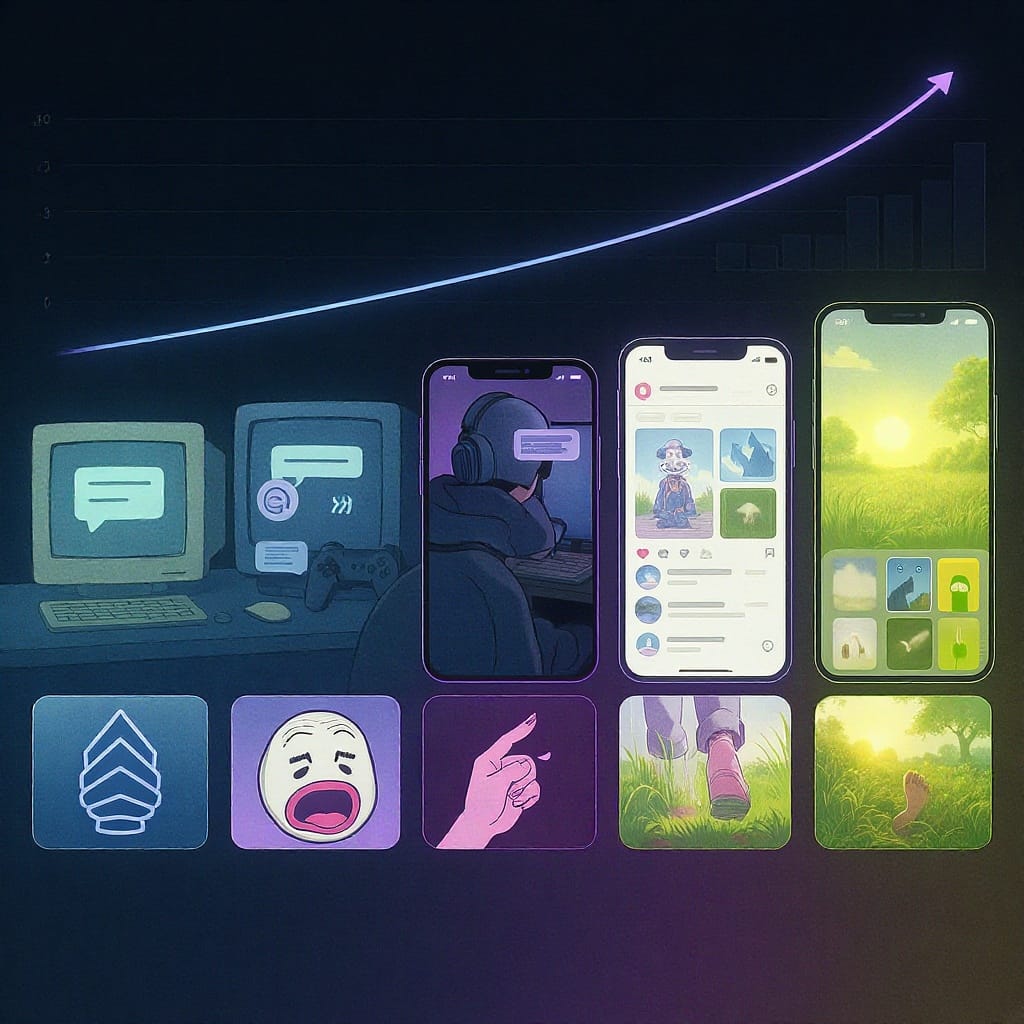
Common meme patterns:
- Quote-reply dunk: Someone posts an over-the-top rant; the reply is just “touch grass.”
- Image macros: Photos of lawns, parks, or a hand reaching for blades of grass.
- Duo-format jokes: Left pane chaotic thread; right pane a serene field with “Solution.”
Variations you’ll see:
- “Touch grass.” (short, punchy)
- “Touch grass, fr.” (adds “for real” for emphasis)
- “Go outside.” / “Get some fresh air.”
- “Log off.” or the more ironic “Close Twitter and go outside.”
Why it endures:
- Universal imagery. Grass is a simple, recognizable metaphor for reality.
- Comedic timing. Two words can puncture escalating drama.
- Remix-friendly. It fits templates, screenshots, and reaction culture.
Related Phrases and Kinder Alternatives
If you like the reset idea but want a less sharp edge, try:
- “Log off for a bit.”
- “Step away from the screen.”
- “Get some fresh air.”
- “Stretch break?”
- “Let’s circle back after lunch.”
- “Take a walk if you can; I’ll check in later.”
Supportive, solution-oriented versions:
- “This feels heated. Can we pause and reset in 15?”
- “I care about this convo. Break now, continue later?”
- “Totally valid to feel this way—also okay to take a breather.”
Etiquette and Professionalism
Workplaces, classrooms, and brand social accounts should be careful. The meme tone can read as belittling.
Guidelines:
- Use neutral, inclusive language.
- Suggest breaks as team norms, not personal criticism.
- Offer options that don’t assume outdoor access or abled bodies.
- Model behavior (“I’m stepping away for 5 minutes”) rather than policing others.
| Scenario | What Not to Say | Professional Alternative |
|---|---|---|
| Heated Slack thread | “Touch grass, y’all.” | “Let’s pause for 10 and reconvene with fresh eyes.” |
| Student overwhelmed | “Go outside and chill.” | “Let’s take a short break; we’ll regroup in 5. Resources are in the syllabus.” |
| Brand reply to spicy comment | “Touch grass.” | “We appreciate the passion—happy to continue later. DMs open if you need help.” |
| Team burnout signs | “You’re all online too much.” | “Blocking focus time and encouraging breaks today—rest is part of the plan.” |
Linguistic Insight: Why the Imperative Works
The phrase is an imperative: a direct command. Imperatives are efficient. They skip hedging and deliver a concrete action, which feels cathartic in chaotic threads. The imagery matters too:
- Nature reset metaphor: Grass stands in for reality, grounding, and calm.
- Embodiment cue: Touch invokes tactile sensation, anchoring attention in the body.
Comparable idioms:
- “Get some fresh air.” (gentler, older)
- “Take a step back.” (cognitive distance rather than physical)
- “Walk it off.” (sportsy, not always empathetic)
- “Unplug.” (digital detox framing)
The rhetorical punch comes from specificity (“touch grass,” not just “calm down”) and the humorous contrast between drama and mundane lawn care.
Examples in the Wild
When it can land as playful:
Friend: I just spent 90 minutes arguing about two pixels on a logo.
You: Touch grass, designer. Coffee walk?When to rephrase:
Colleague: I’m behind on rent and stressed.
You: I’m here for you. Want to take a short break and talk options?Cool-down in a forum:
Mod: Thread’s getting heated. Closing for an hour—step away, hydrate, we’ll reopen soon.Quick FAQ
- Is it rude?
- It can be. With friends, it may read as a teasing nudge. With strangers or in serious contexts, it often lands as dismissive.
- Who uses it?
- Originated in gaming and stan circles, now common across Twitter/X, Reddit, TikTok, and general meme-savvy users.
- Can you say it offline?
- You can, but tone is delicate. In person, try softer versions: “Want some fresh air?” or “Let’s take a quick break.”
- How should you respond if someone tells you to “touch grass”?
- If it’s playful from a friend: Laugh and consider a break. If it feels belittling: Set a boundary (“Not helpful—let’s talk later”) or ignore and disengage.
- What’s the go touch some grass meaning in a sentence?
- It’s shorthand for “log off and reset; you might be too deep in online intensity.”
Bottom Line
“Go touch some grass” is a compact meme with a useful reminder baked in: breaks help. But delivery matters. Use it warmly with people you know, avoid it when stakes are real, and prefer inclusive, solution-oriented language in professional spaces. The spirit—step back, breathe, recalibrate—will always outlast the catchphrase.
Summary
The phrase “go touch some grass” encourages a brief break from online intensity, but its tone ranges from playful to dismissive depending on context. Use it sparingly, avoid sensitive situations, and opt for inclusive alternatives in professional or high-stakes settings. The underlying message—reset to regain perspective—remains valuable even without the meme.

